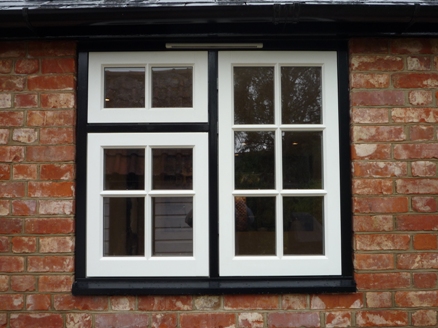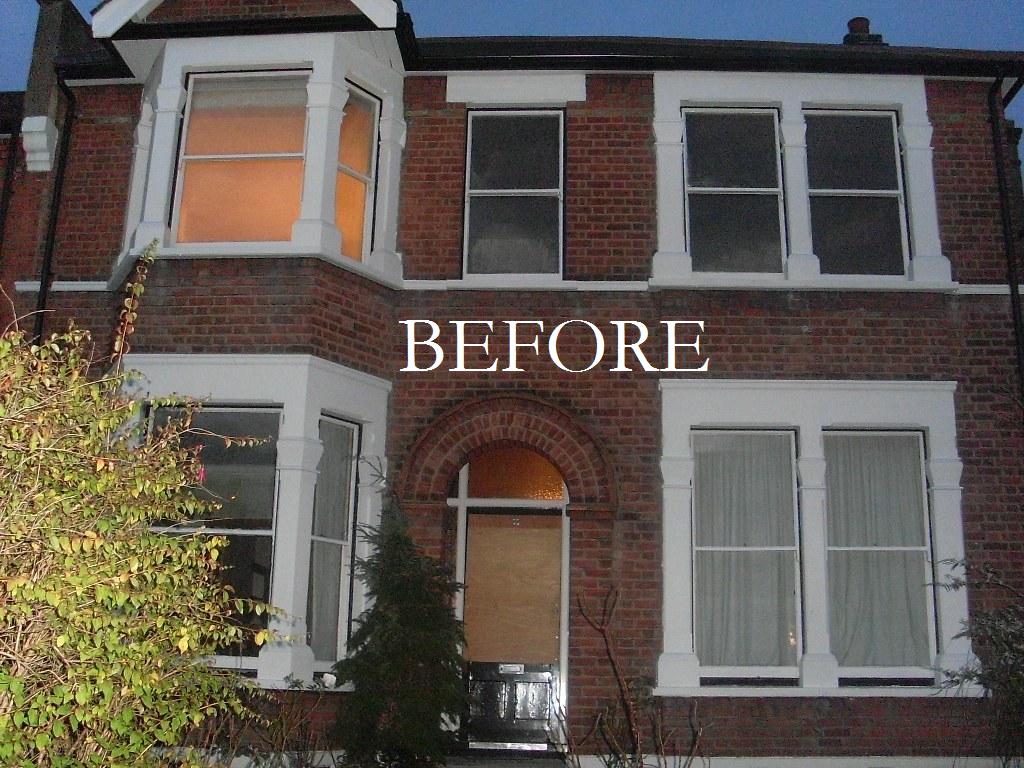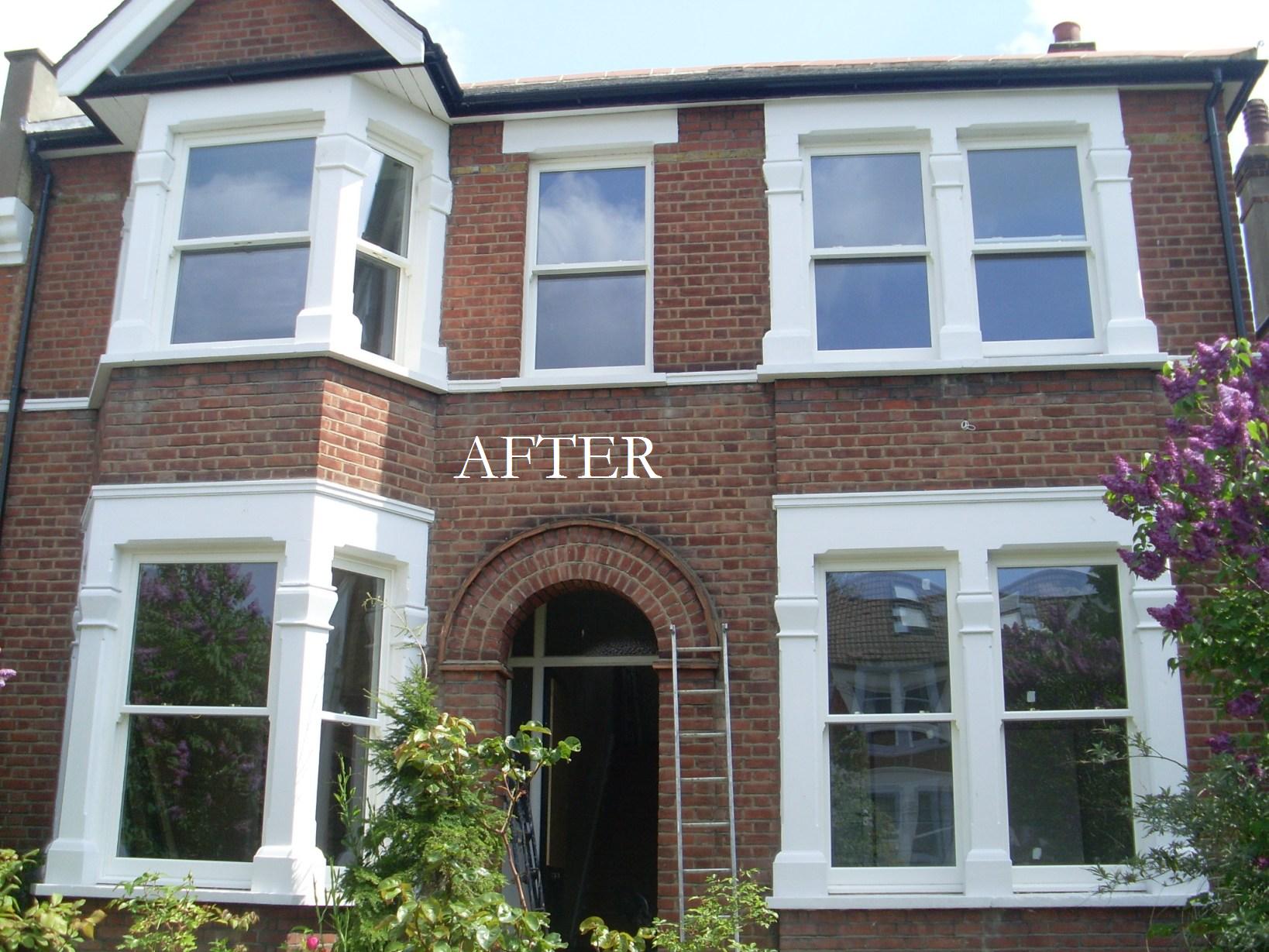
Love the house, but hate the windows? The right solution can depend on more than just your budget...
They may be the ’eyes’ of a building, but, like our eyes, windows can be delicate, leaky, and the first thing to go as we age.
If you are being shown round a Traditional Cottage or Victorian Farmhouse by an enterprising estate agent, they will often reel off a list of a period features that they think will help you fall in love with the house and them to get their commission.
You will hear "fireplace, cornicing, original beams, ceiling rose, banisters, panelled doors", each enunciated with vocal tones usually associated with TV adverts.
But the agent’s piece de resistance is often "traditional timber windows", delivered with a verbal flourish..

And while there are many Georgian properties with fine original windows intact, more common are Victorian and Edwardian houses with rotten and rattling sash windows, and 20s and 30s frames with more rust than metal.
It’s no wonder there seem to be ever growing numbers of companies promoting the maintenance and draught-free joys of uPVC replacements.
They’re cheap, allegedly maintenance free, and great draught busters, but not everyone loves uPVC replacement windows.

If made and installed correctly, uPVC windows provide a cheap and cheerful solution to window replacement, and may last for 20 years or more.
The problem is that they can distort, leak, and mist, the catches can break, and the pristine no-paint white discolour a lot sooner than many people are led to believe.
Such is the industry’s faith in their product that uPVC only offer a 10-year guarantee on their products. And, if they fail, plastic frames can’t be easily dismantled and repaired.
And though you may be trying to do your bit for the environment by replacing inefficient original windows, the evidence seems to be that by buying uPVC you’re doing more harm than good.
A report by the WWF states that uPVC windows, which are made from non-renewable oil, generate more waste and use eight times more energy to manufacture than timber windows.
In addition, if the units are incinerated at the end of their lives they release hazardous chemicals into the environment.
But the most common objection to uPVC is that it looks out of place on old buildings, losing the delicate detailing of the original timber windows.
And, as uPVC windows tend to have a wide border around the frames, in addition to changing the exterior of the building, you can lose some of the glass area, and therefore the light coming into your room.
And lastly, double glazing salesmen don’t have a bad reputation for nothing.
Reports of bullying, hours of sales talk, and bogus show-homes promotions, as well as the tedious procedure of cutting through the so-called discounts to get a realistic quote, is enough to put many people off picking up the phone in the first place.
Therefore when you are looking to replace the windows or restore your home to its former glory – always consider not only the price, but the investment behind architectural integrity, aesthetics and home comfort.
With the timber for windows sourced from adequately managed forests and care is taken in the choice of treatments, paints, stains and preservatives, timber windows are by far the best environmental choice.
Developments in product designs and finishing mean that new generation timber windows need minimal maintenance and potentially have a significantly longer life than cheaper counterparts.
Here at Privett Windows, we specialize in new generation timber windows.
All our bespoke timber windows and doors are made to look traditionally in their styles, designs and appearance, however all are improved with discrete and hidden technology innovations to bring you not only the beauty of timber, but also warmth, comfort and security to your home.
For more information on new generation timber windows, please contact Privett Timber Windows on +44 (0) 01483 901 001 or visit our website:
www.privett-windows.co.uk
